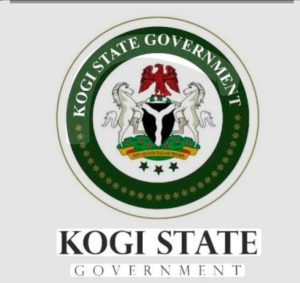Anti-nuclear weapons group wins 2017 Nobel Peace Prize
The International Campaign to Abolish Nuclear Weapons (ICAN) has been awarded the 2017 Nobel Peace Prize in Oslo.
The Geneva-based organisation ICAN was awarded “for its work to draw attention to the catastrophic humanitarian consequences of any use of nuclear weapons, and for its groundbreaking efforts to achieve a treaty-based prohibition on such weapons”, Berit Reiss-Andersen, chairman of the Nobel Committee, announced on Friday.
“We live in a world where the risk of nuclear weapons being used is greater than it has been for a long time,” she said.
“Some states are modernising their nuclear arsenal, and there is real danger that more countries will try to procure nuclear weapons, as exemplified by North Korea.”
Reiss-Andersen said that nuclear weapons continued to pose a threat to the world, as no binding international agreement has been reached up to the present.
Through ICAN's work, she said, the campaign has “helped fill the legal gap”.
“An important argument in the rationale for prohibiting nuclear weapons is the unacceptable human suffering that nuclear weapons will cause.”
ICAN Executive Director Beatrice Fihn told reporters after the announcement that the issue of the prohibition of nuclear weapons “has been ignored for some time”.
“The stakes are so high right now,” she said.
“The Treaty on the Prohibition of Nuclear Weapons is a huge accomplishment and a very strong signal to the nuclear-armed states that the status quo was not acceptable. We need to work really hard now to get all states to sign this treaty.”
In July, a UN conference adopted the Treaty on the Prohibition of Nuclear Weapons.
It is the “first multilateral legally-binding instrument for nuclear disarmament to have been negotiated in 20 years”, the UN said in a statement.
The treaty opened for signature during the annual UN General Assembly last month.
As of September 20, 50 states had signed the treaty, which bans the use, development, testing or storing of nuclear weapons under any circumstances. Several nuclear powers, including the US, UK and France, boycotted the signing ceremony.
It will take effect 90 days after it has been ratified by at least 50 countries.
“Clearly, it is not just about an award to ICAN. It's about the whole campaign to try and ban nuclear weapons” Bays said, adding that there are 15,000 nuclear weapons around the world, based on estimates.
The committee sorted through more than 300 nominations for this year's award, which recognises both accomplishments and intentions.
The prize announcement in the Norwegian capital, culminated a week in which Nobel laureates have been named in medicine, physics, chemistry and literature.
The Nobel committee does not release names of those it considers for the prize, but said 215 individuals and 103 organisations were nominated for this year.
Others who were reportedly nominated were the Syrian volunteer humanitarian organisation White Helmets, Pope Francis, along with Iranian Foreign Minister Mohammad Javad Zarif and the EU's foreign policy chief, Federica Mogherini, for shepherding the deal to curb Iran's nuclear programme.





